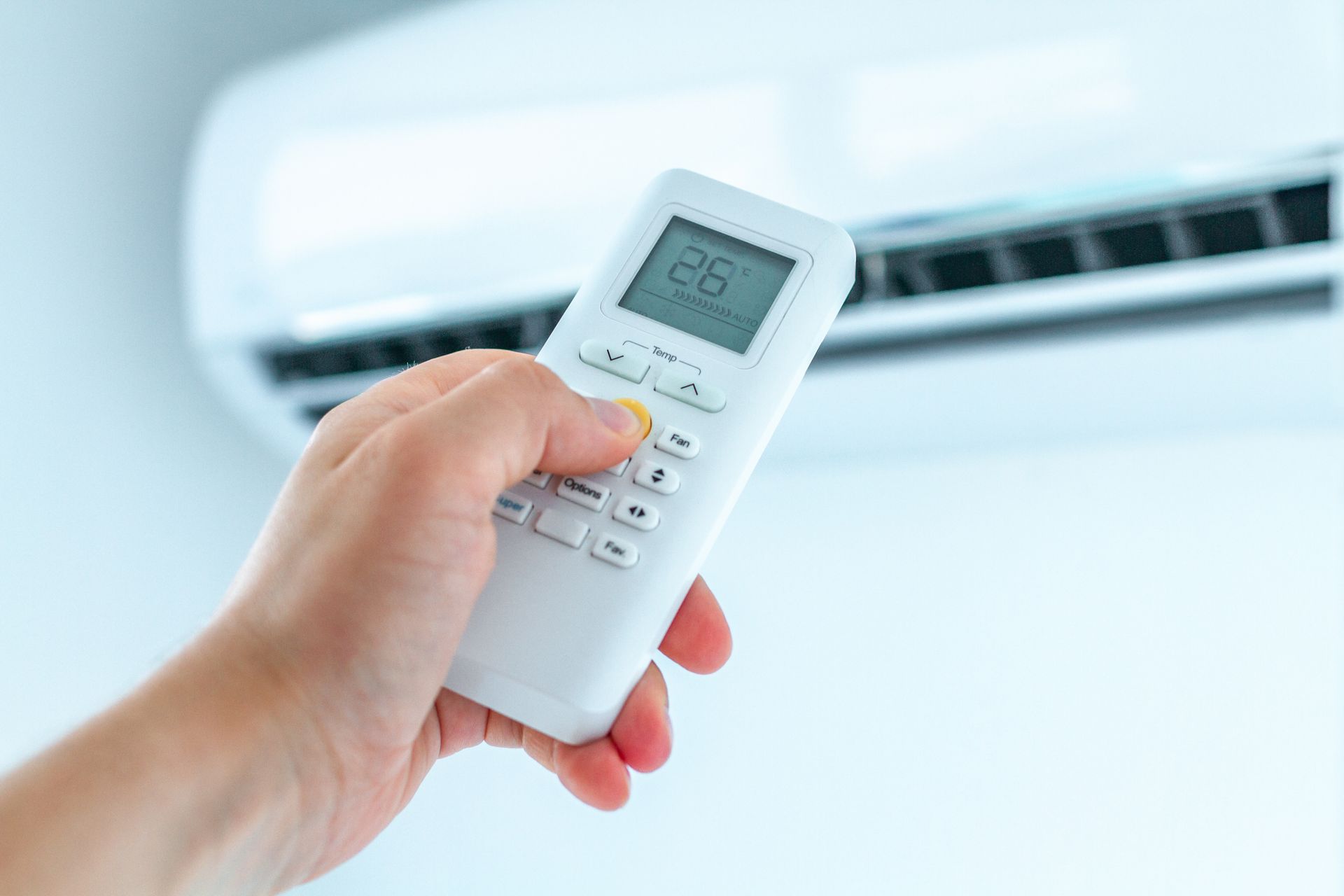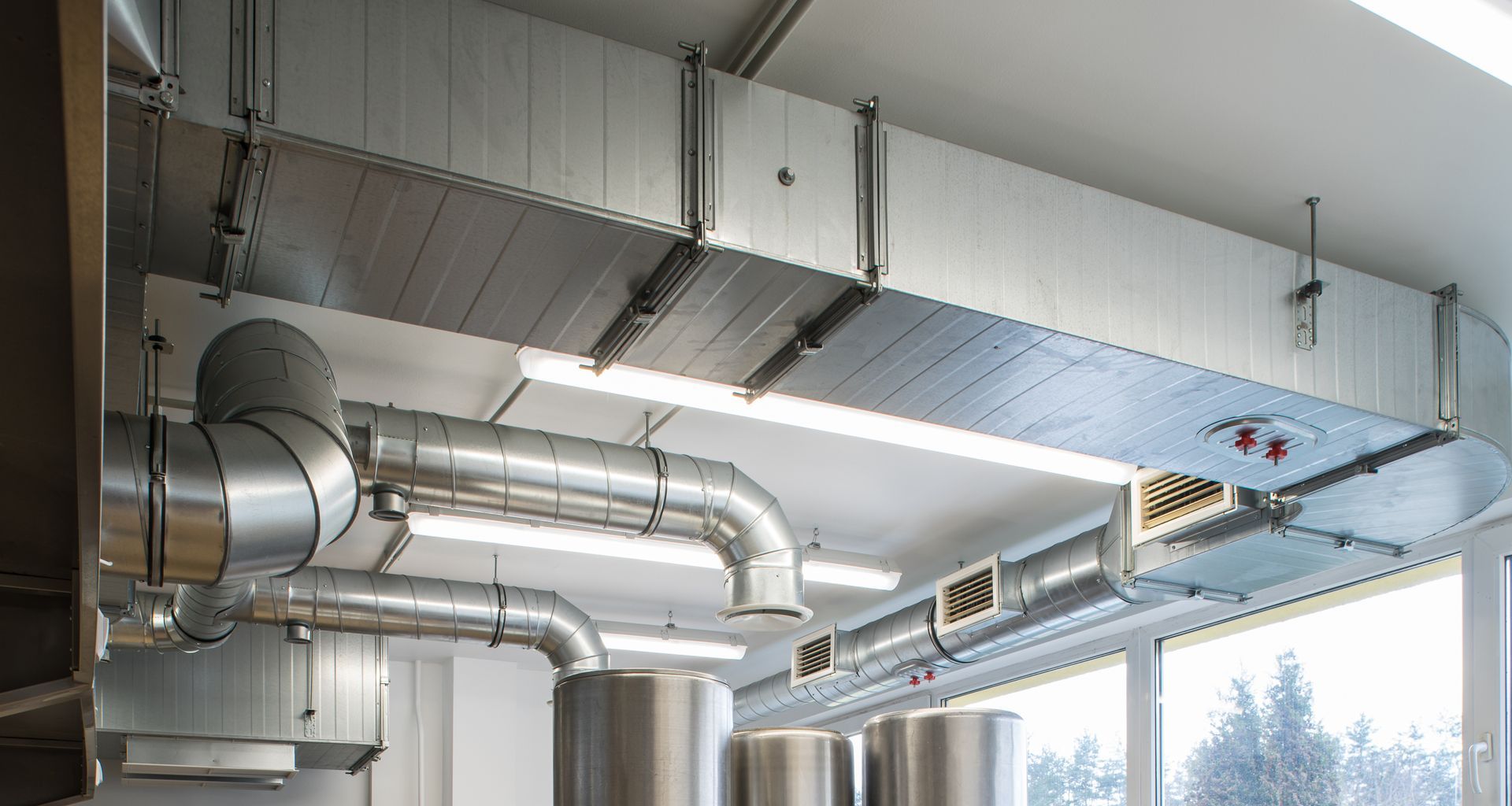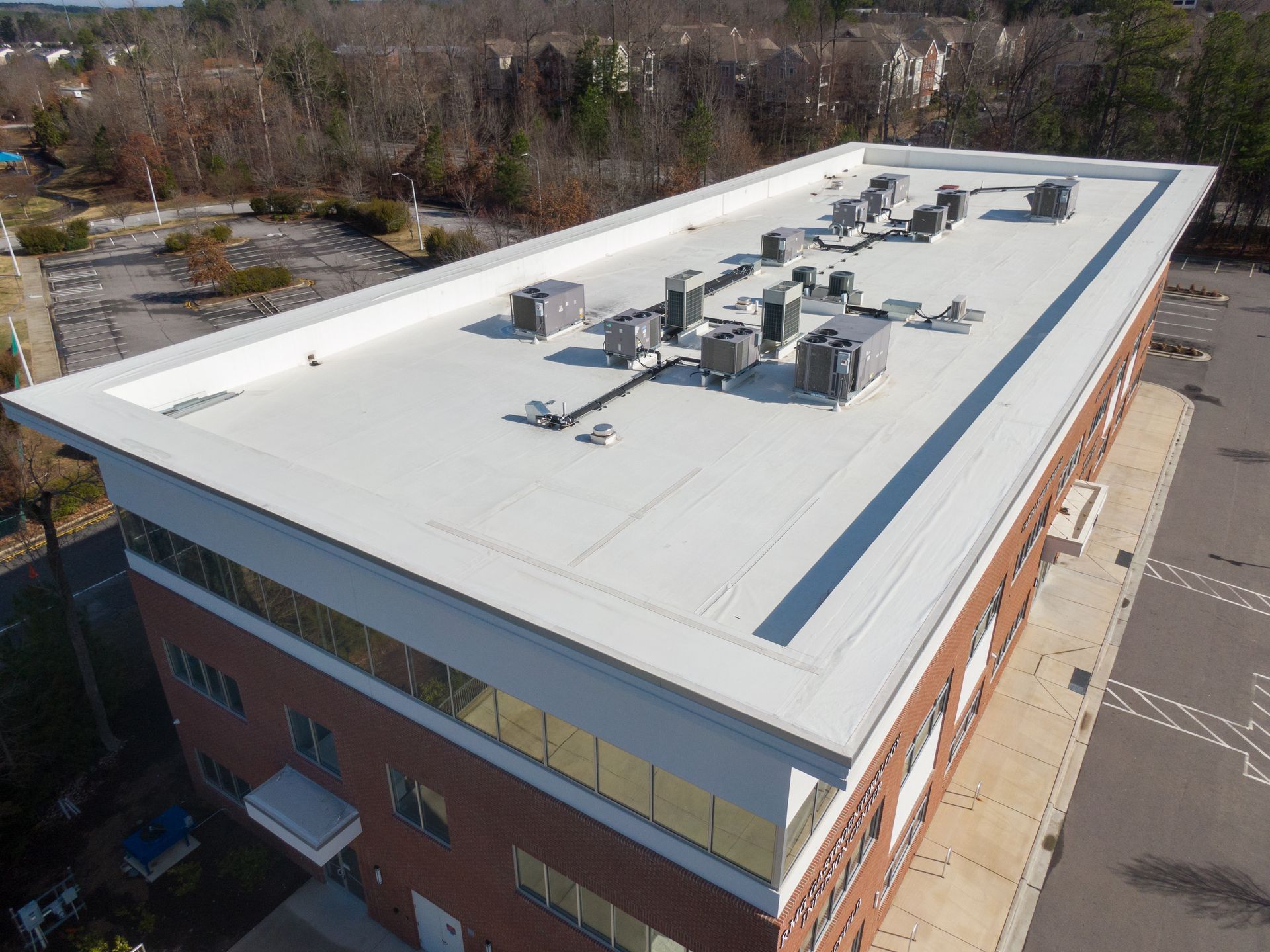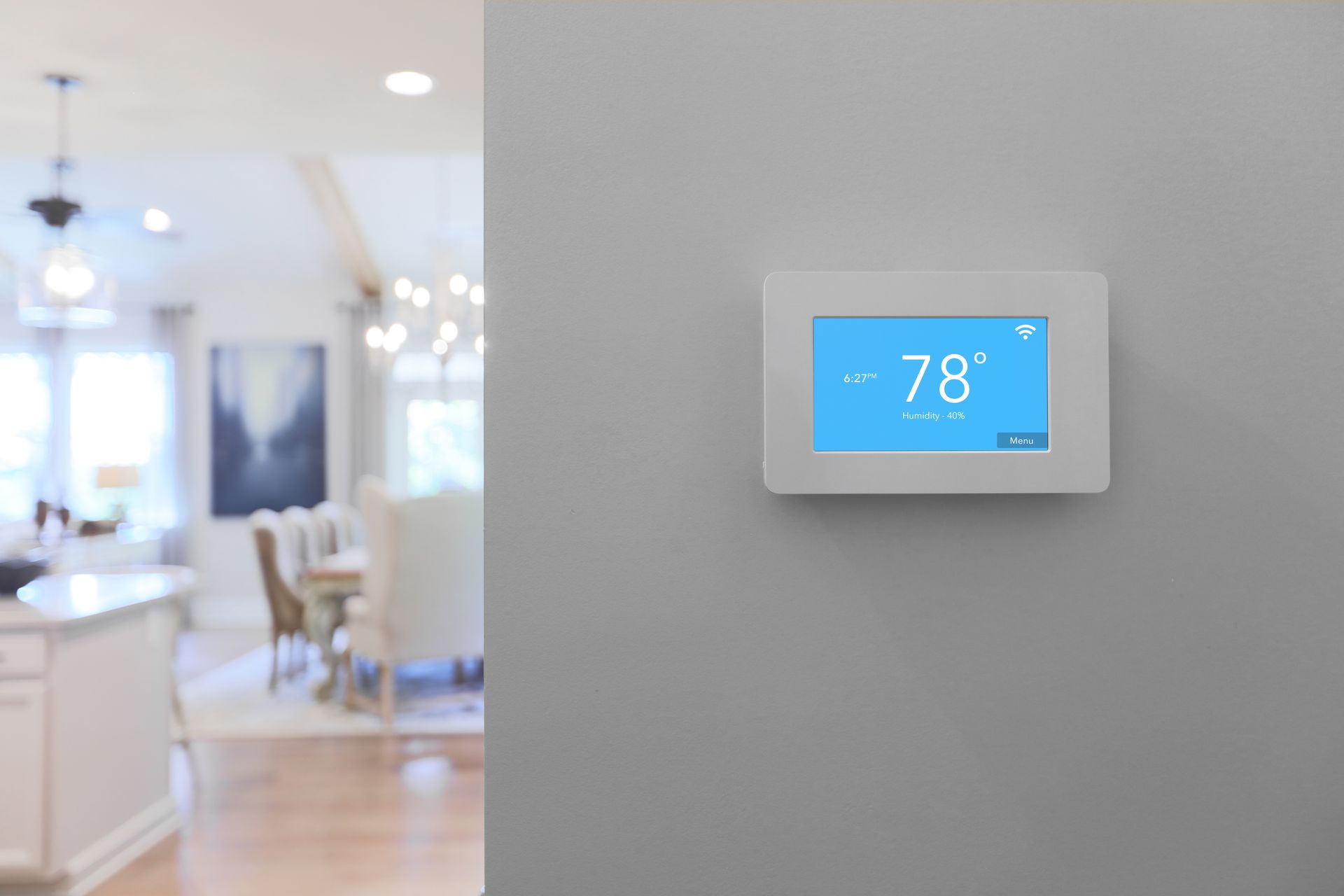Why Indoor Air Quality Matters More in the Winter Months
As winter arrives, many of us retreat indoors to escape the cold. However, while cozying up in a warm space, we often overlook a critical aspect of comfort and health: indoor air quality (IAQ). During the colder months, homes and businesses are sealed tightly to keep out the chill, reducing ventilation and allowing pollutants to build up. At McCormick-Allum, we’re dedicated to improving the air you breathe while ensuring your heating and cooling systems work efficiently to maintain comfort throughout Western Massachusetts and Connecticut.
The Winter IAQ Challenge

In winter, we rely heavily on heating systems to stay warm. However, this can lead to drier indoor air, which aggravates respiratory conditions, irritates skin, and even impacts your overall health. Additionally, reduced ventilation during winter means allergens, dust, and other pollutants stay trapped indoors, leading to a stuffy, unhealthy environment. Poor IAQ can exacerbate asthma, allergies, and other respiratory issues, making it even more crucial to address these concerns during the colder months.
How Heating and Cooling Systems Affect IAQ
Your HVAC system plays a central role in maintaining indoor air quality. Dust and allergens can accumulate in ducts and filters, recirculating throughout your home or business. If your system isn’t properly maintained, it may not only struggle to heat your space efficiently but also compromise the quality of the air you breathe.
This is why regular maintenance, including filter replacements and duct cleaning, is so essential. By keeping your heating system in peak condition, you ensure it runs efficiently while also improving the air circulating in your space.
Winter Habits That Improve Indoor Air Quality
Beyond professional HVAC solutions, small changes in daily habits can also improve IAQ during winter:
- Keep Ventilation in Mind: Open windows occasionally, even during colder months, to let in fresh air and reduce indoor pollutant buildup.
- Control Humidity Levels: Maintain humidity between 30-50% using a humidifier or dehumidifier as needed.
- Clean Regularly: Dust and vacuum frequently to remove pollutants and allergens from surfaces.
- Avoid Harsh Chemicals: Use natural cleaning products to minimize the introduction of volatile organic compounds (VOCs) into your space.
- Invest in Indoor Plants: Certain houseplants can help purify the air by absorbing toxins and releasing oxygen.
Solutions to Improve IAQ in Winter
- Regular HVAC Maintenance: Schedule professional tune-ups to ensure your system operates effectively and doesn’t contribute to indoor air pollution.
- Upgraded Filters: Consider HEPA or high-efficiency filters to capture more airborne particles, reducing allergens and dust.
- Humidity Control: Use a humidifier to maintain optimal humidity levels, preventing the air from becoming too dry.
- Air Purifiers: Standalone or integrated air purifiers can help eliminate bacteria, viruses, and other harmful particles.
- Duct Cleaning: Professional duct cleaning removes dust and debris, ensuring cleaner air circulation throughout your home or business.
Warm Air, Clean Air, Happy Winter
Winter should be a time for comfort, not concern about the air you’re breathing. With McCormick-Allum by your side, you can trust that your heating system will keep you warm and your indoor air will stay clean and healthy.
Contact us today to learn more about how we can improve your indoor air quality and keep your heating and cooling systems running at their best. Let us help you breathe easier this winter!










